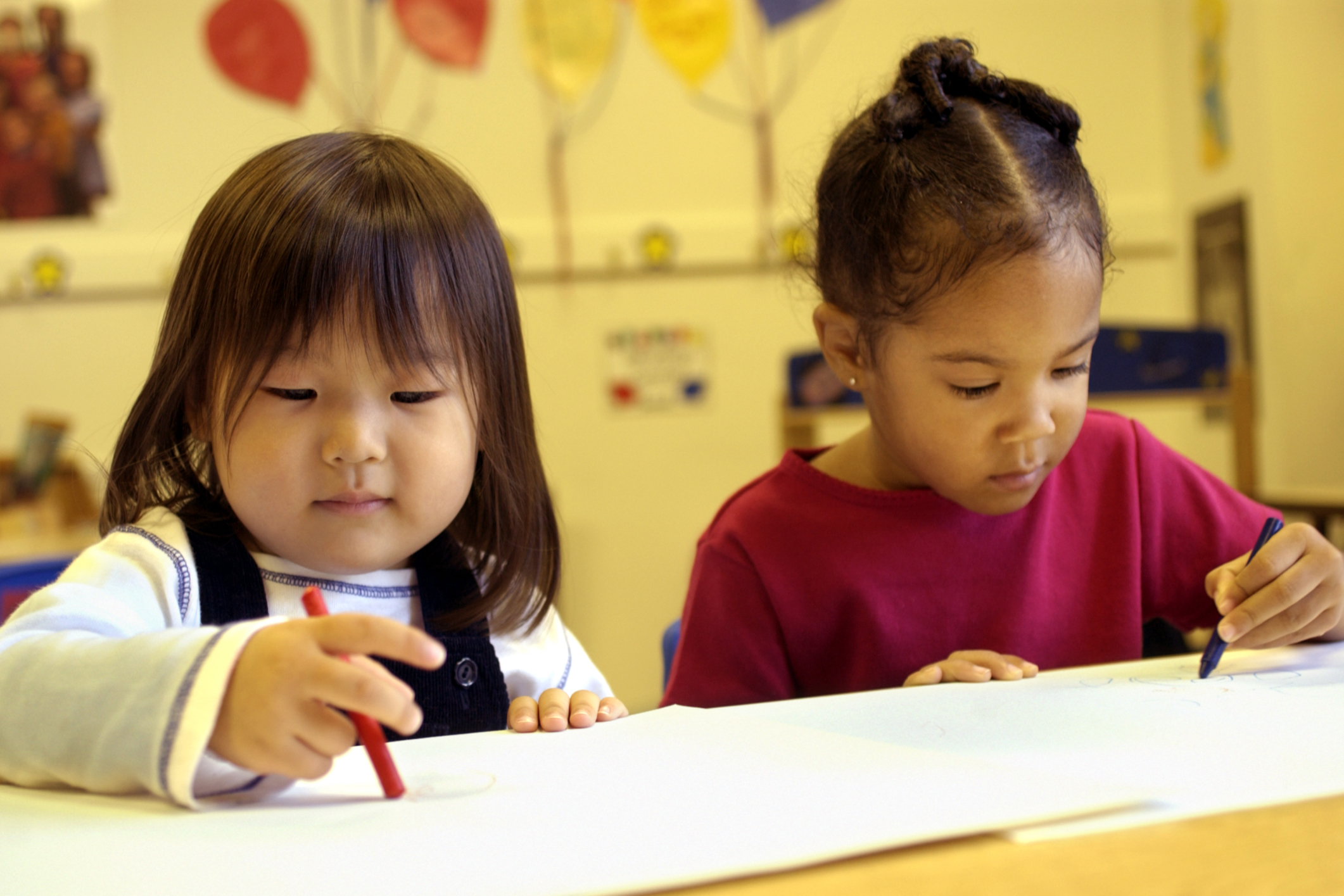A team at Penn State University built a preschool enrichment program and demonstrated how it can be used to improve emotional and social skills among young children, with lasting effects even later in adolescence.
The study appeared in the American Journal of Psychiatry.
“Living in poverty increases exposure to adversities that undermine healthy development, impeding growth in the social-emotional and language skills that support adaptive coping and promote mental health,” according to the study’s co-authors.
“Evidence-based programs have the potential to improve current preschool practice and strengthen these early skills, potentially reducing risk for later psychopathology.”
As part of the study, researchers at Penn State tested whether enrichment programs in preschool yielded any reduction in psychopathology symptoms as they aged into adolescence.
356 young children were recruited to take part in the study, from diverse backgrounds. They were evaluated from age 4 through early adolescence.
The results of their study concluded that enriching preschool programs for children raised in low socioeconomic status led to significant improvements that would later be beneficial as they aged. By adolescence, researchers found, their emotional and social skills would have improved.
“Statistically significant intervention-related reductions were observed in conduct problems and emotional symptoms in the intervention group,” the co-authors identified in the results.
“In addition, the proportion of youths with clinically significant levels of conduct problems, emotional symptoms, and peer problems was reduced in the intervention group, with rates one-third of those in the control group.”


